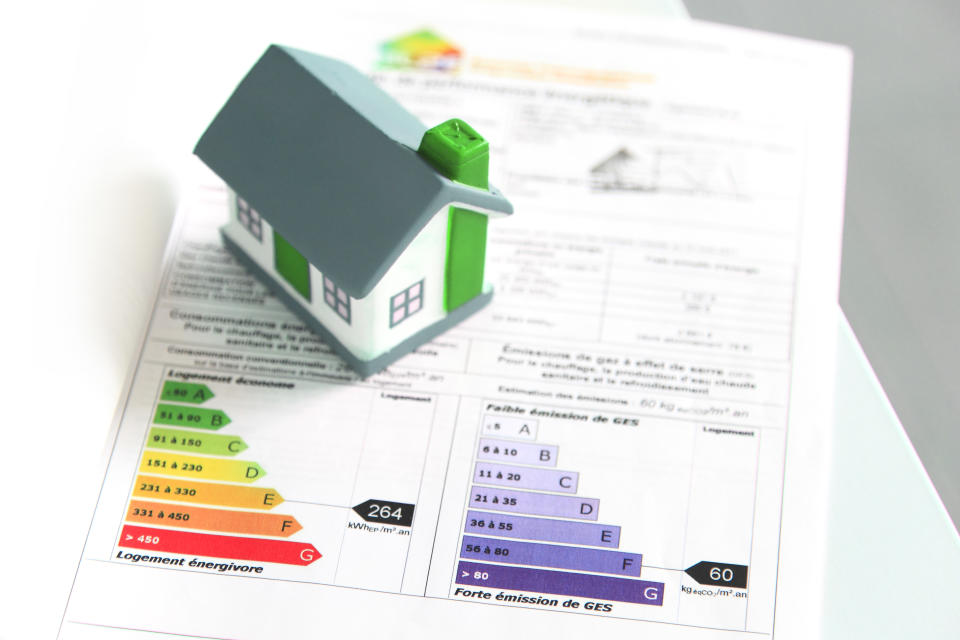How important are energy prices in the big picture?

What does it say about the Australian economy when energy prices, or more particularly the price of electricity, is a dominant issue for the Prime Minister, his ministers and the government more generally.
Think about it – electricity prices!
Also read: 5 tips to cut the cost of your car rental
Not unemployment, care for older Australians, low wages growth, climate change, housing affordability or even education and training. These are things that should be much higher up the list of things for a government to do than worrying about the price of running your fridge, lights and heater.
For consumers, about 2.3 per cent of household expenditure is on electricity, which equates to an average of about $35 a week.
It is not a trivial amount but in context, it is not a huge impost.
Consumers spend about 50 per cent more on restaurant meals, some 300 per cent more on holidays and 40 per cent more on tobacco. They also spend about 60 per cent more on beer and wine than they do each week on electricity.
Also read: Caught in a debt trap? Here’s 8 things you can do
To be sure, the price of electricity has surged over the past decade or so which has been important for some, mainly low income, household budgets. And for some who spend more than the average amount of electricity, higher prices can have a slightly higher impact.
Since the start of 2009, retail electricity prices have risen 99 per cent. This is a big rise.
This is well above the 28 per cent rise in wages over the same time.
But let’s look at price changes in a range of other items over that time.
Bread prices are down 4.5 per cent, breakfast cereals down 8.6 per cent, fresh chicken down 2.6 per cent, dairy prices down 8.2 per cent, milk down 15.2 per cent, eggs down 0.6 per cent, jam and honey down 0.7 per cent and coffee, tea and cocoa down 1.8 per cent. These are significant falls in day to day items.
But the price declines since 2009 are not just for many food items.
Clothes prices have dropped 13.7 per cent, shoes are down 10.1 per cent, furniture down 1.5 per cent, household textiles down 18.7 per cent, household appliances down 8.7 per cent, personal care products down 10.9 per cent, motor vehicles down 8.1 per cent, communications down 13.4 per cent, audio visual and computers down 44.3 per cent, international holidays down 0.8 per cent, sporting equipment down 2.6 per cent and games and toys down 17.7 per cent.
Remember, these price falls are at a time when wages are up 28 per cent.
Also read: Expert insight: What’s next for Cryptocurrency?
This goes to show that consumers are benefitting from falling prices for many goods and services, even though electricity prices have skyrocketed.
Which makes the intense policy focus of the government on electricity prices a great example of over-reach. It is magnifying a problem out of all proportion.
But let’s pretend for a moment the government gets the energy companies to drop electricity prices for consumers by 10 per cent.
The average electricity bill will drop by $3.50 a week.
In the context of overall household spending, it is small beer.
It is a saving that will be gobbled up by an extra coffee or a price hike on the beef and black bean and fried rice at the local Chinese restaurant.
Senior government ministers are incredibly busy and have limited time to devote to policy issues.
Also read: The Aussie universities where graduates get paid the most
With the Prime Minister, Treasurer and the government spending countless hours working out how to trim a few lousy dollars off electricity bills, other policy areas are falling by the wayside.
Householders know this, which may help to explain the parlous poll position of the Morrison government with the electorate.
Electricity prices just aren’t that important when wages, education, health care, the environment, aged care, poverty and a host of other areas are causing genuine concern.
Make your money work with Yahoo Finance’s daily newsletter. Sign up here and stay on top of the latest money, news and tech news.

 Yahoo Finance
Yahoo Finance 